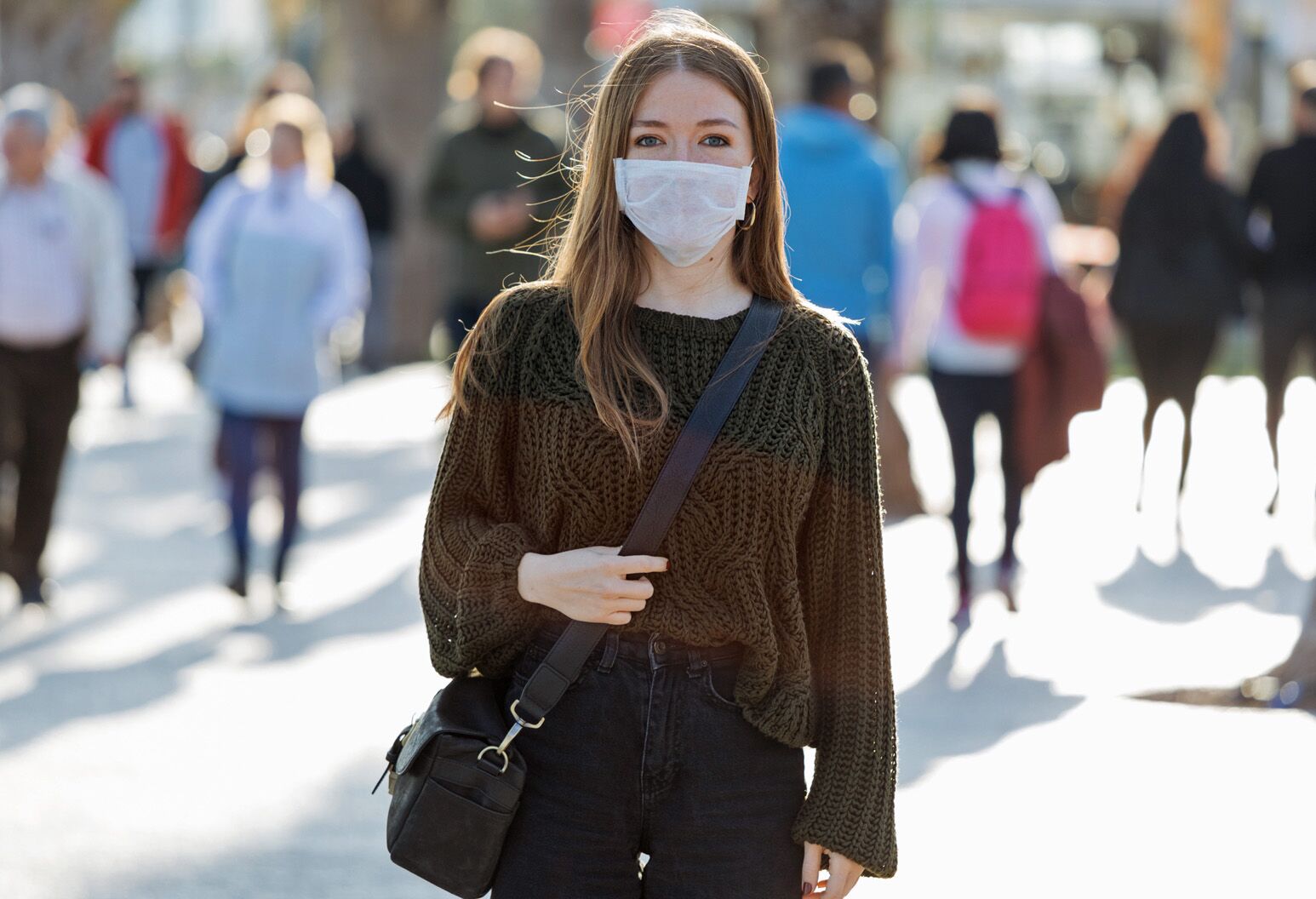Our representatives are available to schedule your appointment Monday through Friday from 9am to 5pm.
For a Northwell ambulance, call
(833) 259-2367.

Through all of the uncertainty surfaced by COVID-19, one thing is certain: If people ignore symptoms and continue to delay cancer care, their illness will be far more advanced — potentially untreatable — when they do take action.
Society’s recovery from the coronavirus has proven long and arduous, but that doesn’t mean you should forgo screening, surgery, treatment, and other methods of preventive care. A staggering report from the National Health Service in the United Kingdom — which has the third-highest COVID incidence in the world — showed that urgent cancer referrals dropped 60 percent in April, a result that was sure to have been matched here with everything stalled in the US.
COVID-19 has been a nightmare scenario for many. And without a go-to medication or viable vaccine, the crisis will continue, making it even more important to understand the enormity of your situation and act on symptoms.
We cannot let COVID-19 create a second group of victims — cancer patients avoiding treatment. If you have been diagnosed or are feeling potential symptoms, here’s what you can do.
The best outcome for cancer is early detection. The earlier it is diagnosed, the quicker you can be treated, even cured. And since the worst of the patient surge is believed to be over, it’s safe to resume mammograms, colonoscopies, pap smears and other screening tests.
COVID may have delayed these exams, but health care facilities, like those within Northwell Health, are now safer than your grocery store or restaurant. Each has taken numerous precautions, like terminal cleaning practices, staff wearing masks and other personal protective equipment, and triaging suspected COVID patients to separate sections to ensure your safety.
At the Northwell Health Cancer Institute, for example, our clinicians have also been tested for COVID antibodies and we are monitoring potential symptoms, including temperatures, daily to reduce potential exposure.
You shouldn’t wait if you have already been diagnosed and need radiation. This treatment has resumed and patients are being kept safe and secure. If you tested positive for COVID-19, you can still have radiation, but we suggest making appointments later in the day to help keep the facility sterile and reduce exposure for other patients.
Safety is also paramount for those who are immunocompromised and needing chemotherapy. Each individual is screened, as is our staff, checked regularly for spikes in temperature and educated on COVID-19 symptoms. COVID-free zones are available to receive your treatment.
Surgery is often the front door for chemotherapy and radiation. Most solid tumors are first treated by surgery and you are then sent to the appropriate medical and radiation oncologist. All patients are tested well before they undergo the procedure to make sure they do not have COVID-19. If you do test positive, delay the surgery until after symptoms alleviate and you test negative. Surgeries, including elective procedures, have been ramping up since New York State approved resuming them a couple weeks ago.
The patient-doctor partnership has never been more important. It’s on us to provide the best medicine possible. And it’s on you to relay any symptoms you may be feeling.
COVID-19 has been so devastating because of the high amount of people who are asymptomatic. COVID symptoms include persistent fevers, respiratory issues, severe shortness of breath, general malaise, loss of smell, headache and sometimes skin discoloration. Act quickly and call your physician if you experience these.
There are also identifiable symptoms related to cancers. Abnormal bleeding in women who are postmenopausal could be a sign of cervical or uterine cancer. That needs to be evaluated by their gynecologist in a timely manner. Rectal bleeding could be a sign of an abnormality involving the GI tract. Also, pain, discomfort or change in bowel habits should alert you and call for a visit to your primary care physician.
Richard Barakat, MD, is an internationally recognized surgeon and clinical investigator. He is physician-in-chief and director of cancer for the Northwell Health Cancer Institute, leading all cancer services and research.
Our representatives are available to schedule your appointment Monday through Friday from 9am to 5pm.
For a Northwell ambulance, call
(833) 259-2367.